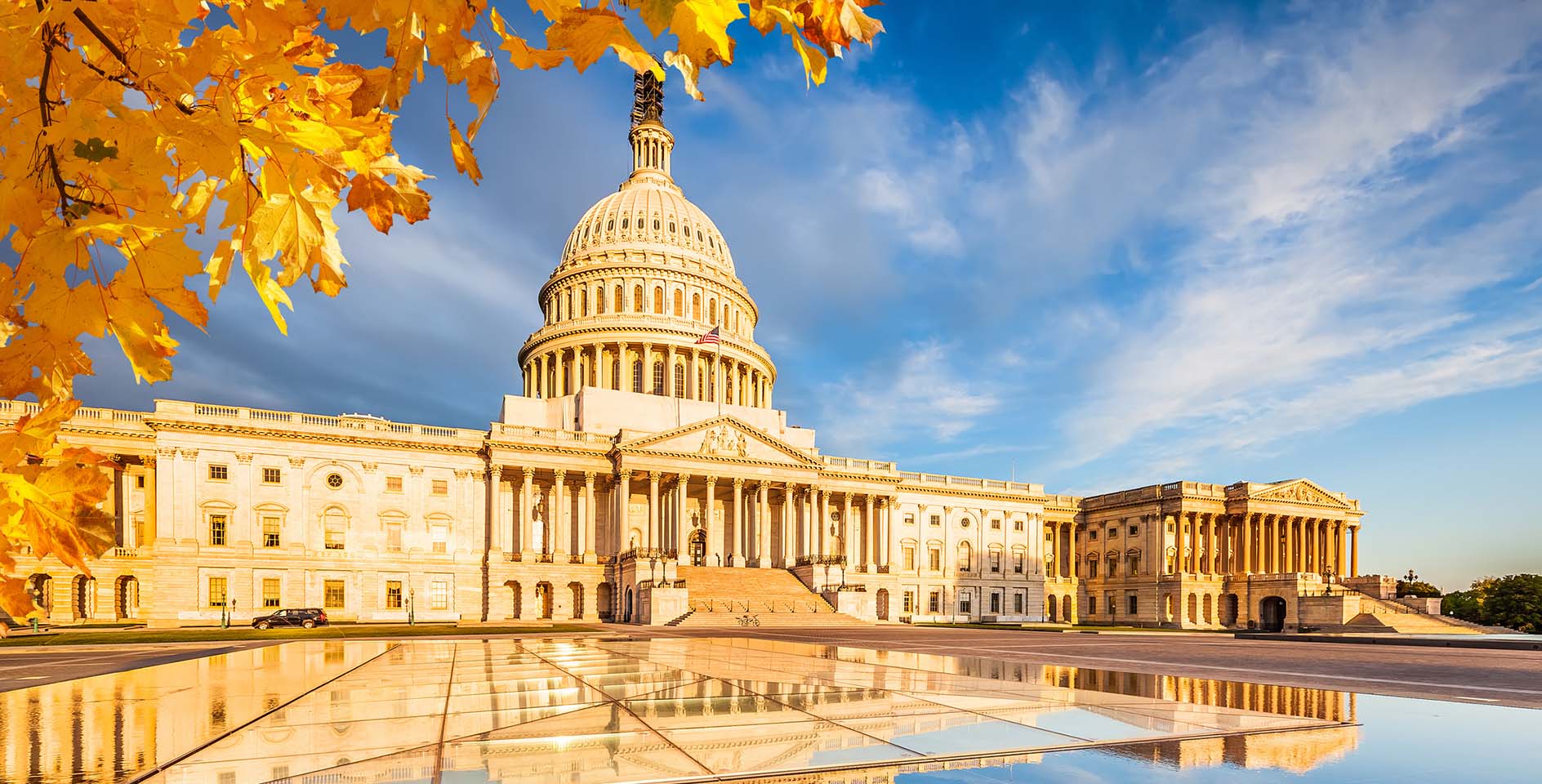In the ongoing struggle between religious freedom and the Health and Human Services sterilization-contraception-abortifacient mandate, the arsenal of bad arguments deployed by the Obama administration has been very impressive. “Corporations have no claim to the freedoms protected by the Bill of Rights” is perhaps the most extreme of these views. With more seeming modesty, some advance the more limited view that unlike churches and other religious organizations (which are often legal corporations, of course), for-profit corporations have no freedom of religion under the First Amendment, even if the Supreme Court has said they do have freedom of speech and press under the same amendment. “Profit-making companies don’t pray and don’t worship,” the argument runs—as though prayer and worship exhausted the range of activities that may properly be called “religious.”
Or—another favorite—it will be argued that employers holding out against the HHS mandate for religious reasons are “imposing their religion” on their employees. Even some federal judges have committed this howler, which rests on a fundamental confusion about what it means to “impose” on people when they are still entirely free to do as they wish. Consider all those employers whose insurance plans did not cover abortifacient drugs before ObamaCare and the mandate came along. Were they imposing their religion on their employees? Did anyone think so at the time? The imposition of an opposing view on an unwilling actor is coming entirely from the government in these cases, not from the employers. Since the financial burden of compliance with the HHS mandate is not an enormous one for most employers, it is even natural to suspect that the true reason for the government’s imposition of it is precisely to “break” pro-life employers and make them serve a secular pro-abortion agenda.
As bad as it would be if the “companies don’t pray” and “you’re imposing your religion” arguments won the day, there is yet another feature of the government’s strategy that represents a danger to religious freedom. In order to win any of these mandate cases, the government must undertake to answer theological questions, and get a court to agree with its answers. And the government—including the judiciary—has absolutely no business asking such questions, let alone answering them.
In his famous “Memorial and Remonstrance Against Religious Assessments” in 1785—one of the foundational texts of American religious liberty—James Madison remarked that every person’s first and highest duty is to God, and one cannot surrender one’s conscience even to all one’s fellow citizens combined. Therefore “civil society”—that’s his term for all of us, acting as the highest earthly political authority—can take no “cognizance” of religion, and must leave individuals and religious communities alone, free to act in matters of faith as their conscience dictates. Hence government, our political servant, obviously has no competence in religious affairs. And Madison concludes that no “civil magistrate” in any branch of government can ever be a “competent judge of religious truth.”
The Supreme Court has long endorsed this view of Madison’s, and in a number of precedents has made it clear (to quote one prominent example) that “it is not within the judicial function and judicial competence to inquire” whether any particular religious claim is true, or whether a claimant to religious freedom has relied on an orthodox view of the faith he espouses, or has even “correctly” understood the religious doctrine that lies at the base of his own legal claim. The courts must satisfy themselves that someone’s religious views are sincerely held, but beyond that they cannot venture into doctrine or theology.
Yet in case after case, this is exactly where the intrepid lawyers of the Obama administration have ventured to go, and a dismaying number of federal judges—but thankfully, still a minority—have followed them into this forbidden territory.
The covert theological argument of the Obama administration goes something like this: A plaintiff holds for religious reasons that the destruction of unborn human life is a grave moral evil (or, in the case of Catholic plaintiffs, that it is morally wrong to practice artificial contraception). The HHS mandate, if complied with, will result in some other persons—the plaintiff’s employees—using abortifacient and/or contraceptive drugs or devices. Since the actual provision of these drugs and devices is by insurance companies, and the use is the choice of the employees, the requirement that the employer merely “facilitate” such use, while remaining free verbally to discourage or even denounce such use, places the employers at several steps’ removed from the conduct they regard as an immoral betrayal of their faith. Therefore their complicity is too “attenuated” for the mandate to amount to a “substantial burden” on their free exercise of religion—the phrase “substantial burden” representing one of the key legal elements in litigation under the federal Religious Freedom Restoration Act.
But this argument is deeply flawed, as an encouraging number of judges have recognized. To say that the mandate’s requirements create only an “attenuated” connection between an employer’s actual deeds and the conduct his religion condemns is to make an essentially theological argument. In Catholic doctrine in particular, there are well-developed principles of moral theology regarding “cooperation with evil” and when one’s involvement is sinful. But for Christians more generally—and for many in other faiths too—deliberating about how tangled up one is in complicity with the sinful acts of others is integral to living the faith. “Am I wrongly providing others with the ability, and even materially encouraging them, to do things that God forbids us to do?” is a valid question for an employer to ask himself. If the employer is trying to live his faith every day of the week, it is arguably a necessary question for him. But for government lawyers, or judges, to address such a question is a violation of religious freedom.
In the Hobby Lobby case and other HHS mandate litigation, the position of the plaintiffs is that just providing the coverage for abortifacients or contraception is too much for their consciences to abide. (In the case of the Little Sisters of the Poor, the sisters hold that even signing the all-clear for others to provide the coverage is more than their religion can tolerate.) I could argue here that their moral reasoning is sound; I think it is. But legally and constitutionally, these obviously sincere plaintiffs are entitled to a judgment that they suffer a “substantial burden” even if many reasonable people would say their consciences should rest easy. That’s the bottom line if we believe that the civil magistrate is no “competent judge of religious truth.”
The Seventh Circuit case of Korte v. Sebelius, decided in November, illustrates the danger nicely. Judge Diane Sykes correctly held for the court that the Korte and Grote families, each of them Catholic business owners, suffered a “substantial burden” on their religious freedom. She added that the government’s “attenuation” argument
purports to answer the religious question underlying these cases: Does providing this coverage impermissibly assist the commission of a wrongful act in violation of the moral doctrines of the Catholic Church? No civil authority can decide that question.
Judge Ilana Rovner, dissenting in this case, unwittingly proved Judge Sykes’s point. First she stated, correctly, that “evaluating the nature of the burden imposed is not a test of the orthodoxy, consistency, or theological merit of a plaintiff’s stated religious belief.” But only a few pages later, Judge Rovner bought the “attenuation” argument, and claimed that nothing in the mandate “requires the Kortes or the Grotes themselves to do anything that violates the Catholic Church’s disapproval of contraception.” What was this, other than a presumptuous effort to instruct religious believers in a “correct” understanding of what their own faith teaches?
Here we encounter a truly vicious irony at work in the HHS mandate cases. In order to convince federal courts that employers objecting to the mandate are suffering no infringement of their religious freedom, the Obama administration must lure the judges into joining them in the decision of grave questions of moral theology. And that is an infringement of religious freedom.
All Americans of good will should pray the Supreme Court will resist this deadly invitation in the Hobby Lobby case.









